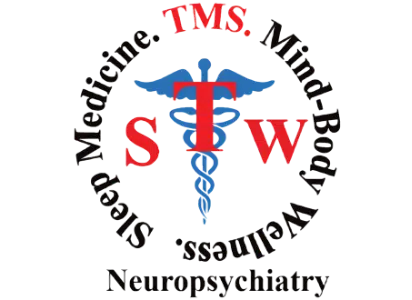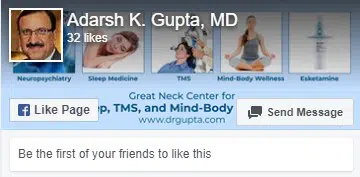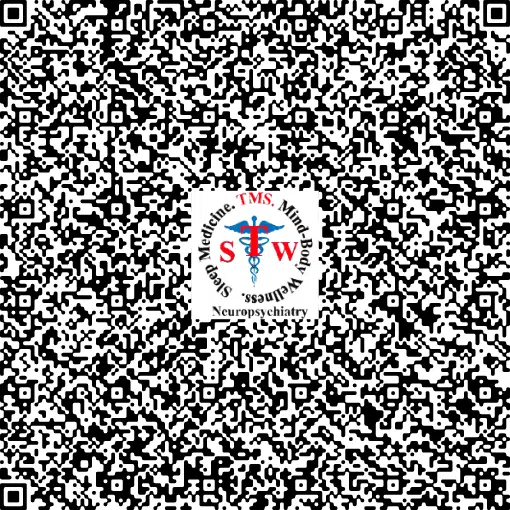Stuck in a Treatment Rut? Adding TMS to Behavioral Therapy Enhances Improvement for Depressed Patients
Transcranial Magnetic Stimulation (TMS) has been found to significantly reduce depressive symptoms and is FDA approved for treatment-resistant depression. But, did you know that TMS can also be a helpful addition to other non-medication therapies? A recent study demonstrated that TMS, when paired with behavioral activation therapy, significantly reduced patients’ depressive symptoms and improved their overall treatment outcomes. Behavioral activation therapy involves helping patients set goals for themselves and scheduling rewards for patients after they complete goal-oriented activities in between therapy sessions. This approach aims to help individuals work towards their larger overarching goals of treatment one step at a time. The addition of TMS to this type of therapeutic treatment allowed patients to physiologically feel more rewarded after the small steps they took during therapy to reach their bigger goals. Scientists believe this happens because TMS electrically re-wires parts of the brain that allow us to feel pleasure and other positive emotions associated with rewards, which are often affected in patients with depression. This study revealed that not only is TMS an effective treatment on its own, but also, pairing TMS with behavioral therapy or other non-medication approaches may magnify patients’ success in improving behaviors and experiencing positive outcomes.



